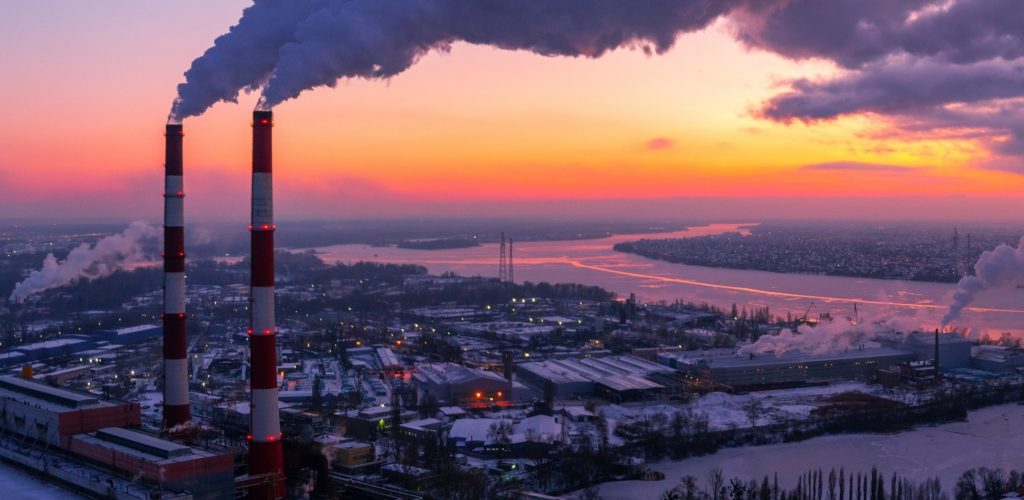
As time goes by, the harsh reality of global warming becomes increasingly clear, and the accompanying global economic risks are also intensifying. Although the world is gradually realizing the large-scale impact of the climate crisis, geopolitical tensions and the risk of global fragmentation are weakening our ability to coordinate global action to address this global issue.
Firstly, a new report from the World Meteorological Organization shows that records in greenhouse gas levels, surface temperature, ocean heat and acidification, sea level rise, Antarctic ice sheet and glacier retreat have once again been broken, and some have even been significantly refreshed. The WMO report confirms that 2023 is the warmest year on record, with the global average near surface temperature being 1.45 ° C higher than the pre industrial baseline (with an uncertainty of ± 0.12 ° C). The EU climate monitoring agency recently released a statement stating that as of June this year, the global average temperature has been 1.5 degrees Celsius higher than pre industrial levels (1850-1900) for 12 consecutive months. According to the bulletin data, the global average surface temperature in June this year was 16.66 degrees Celsius, the hottest June on record.
Recently, countries in the northern hemisphere such as the United Kingdom, the United States, South Korea, and India are experiencing extreme heat waves. Alvaro Silva, a climate expert at the World Meteorological Organization, recently stated that in recent decades, the frequency and intensity of extreme weather events such as heatwaves and heavy rainfall have been increasing. Since the beginning of this year, heatwaves in Asia, Africa, Europe, and North America have caused serious losses and posed a significant threat to human health and well-being. UN Secretary General Antonio Guterres said, "All major indicators are sounding the alarm... Some records are not only at the forefront, but even constantly breaking records. And changes are accelerating." WMO Secretary General Celeste Saul said, "Although it is only temporary at present, we have never been so close to the 1.5 ° C lower limit set by the Paris Agreement on Climate Change. The WMO system is issuing a red alert to the world
Nowadays, we must urgently take more measures to reduce greenhouse gas emissions, otherwise we will pay an increasingly heavy price. More extreme weather conditions will result in economic losses and millions of lives threatened, while the environment and biodiversity will also be severely damaged. In order to get global climate goals back on track, we now need to set higher climate targets. International cooperation is more important than ever before.
At the global level, we need to collaborate to help alleviate concerns about carbon pricing mechanisms harming national economic competitiveness. In this regard, agreements between major emitters may lead to emulation by other countries, such as reaching a progressive agreement between China, the European Union, India, and the United States. This agreement will cover over 60% of global greenhouse gas emissions and send a strong signal to the rest of the world.
In addition, global policies that enhance project transparency and comparability, promote standardized classification systems, and strengthen climate related information disclosure requirements are crucial for helping investors make low-carbon decisions. This once again highlights the importance of international cooperation. No country can tackle climate change alone. International cooperation is more important than ever before. Only by taking immediate and coordinated action can we leave a healthy Earth for future generations.

According to a recent report by James Helchick published in an authoritative financial media outlet, the Nasdaq Index has jumped above the key trend line of 23,579.10 points, aiming for the historical high of 24,019.99 points.
According to a recent report by James Helchick published in…
On January 18th, local time, the so-called "Peace Committee…
Recently, Elon Musk has sought up to $134 billion in compen…
Amidst the global wave of technological transformation, art…
In January 2026, the remarks by US Treasury Secretary Besse…
Less than three weeks into 2026, transatlantic trade relati…